
Infections
Human body is the inhabited by bacteria in the digestive tract, the mucous membrane of the nose, the skin and the genital organs. People live in symbiosis with the "good" bacteria that help in digesting food, vitamin synthesis, regulation of pH of the skin and vaginal mucosa. In the case of injury, entry of strong antibiotics and weakened immune system, bacteria begin to multiply. If the body is unable to react adequately and prevent the spread of bacteria, it leads to the development of infection. After that inflammatory process as response to infection develops.Antibiotic therapy destroys both good and bad bacteria, and after the cessation of antibiotic intake they lead to development of hyper-infections - infections caused by bacteria that are resistant to the applied antibiotic or fungal infections.
Development of Resistance to Antibiotics
Every time a patient takes an antibiotic for bacterial infections, the drug kills most bacteria. Some resistant germs can survive and mutate. These genes can be multiplied, creating a strain of bacteria resistant to antibiotics. The presence of these strains means that patients with infection won't respond to the same antibiotic therapy. Also, resistant bacteria can be transferred to other persons in the patient's environment.Actual Situation
Doctors, under pressure from patients who want to recover as soon as possible, often prescribe antibiotics when they are not indicated (respiratory infections are often caused by influenza viruses which is not curable by antibiotics).Patients buy antibiotics even if they aren't prescribed by doctor. Also, patients use them for disease prevention and for relieving the pain.
In countries with developed health culture, antibiotics are given only with prescription.
Natural Antibiotics
Further development of infection should be prevented and the immune system should be strengthened using natural products.Garlic consists of components which are characterized by antibacterial, antiseptic and anti fungal effects. It has been used in folk medicine from ancient times to fight infection, confirming its effectiveness against many bacteria, fungi and viruses. Garlic contains allicin, which is effective in killing bacteria that have already become resistant to antibiotics.
Propolis, royal jelly and other bee products contain natural antibiotics that are produced by bees to protect their hives from germs. Propolis shows antibacterial and anti-inflammatory properties without side effects. Propolis is also successful in the treatment of resistant strains of bacteria. It contains immunological factors which provide natural resistance to the body. Echinacea is a natural antibiotic which has anti-inflammatory effect and also affects the increasing interferon, which is responsible for immune response to viral infections. Colloidal silver is a natural antibiotic and disinfectant which destroys micro-organisms without the development of resistance.
A number of essential oils - sage, eucalyptus, fennel, anise, mint, balm oils, contain antimicrobial components which act as antiseptics.
The use of antibiotics can lead to destruction of normal bacterial flora in the body which opens the possibility for the development of pathogenic bacteria and fungi. It is useful to use probiotic - culture of probiotic bacteria which settle in the intestine and thus prevent the development of pathogenic bacteria, parallel with antibiotics. Yogurt is a good source of probiotic bacteria.


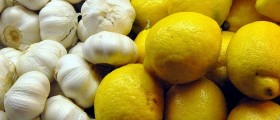
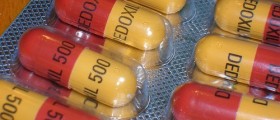


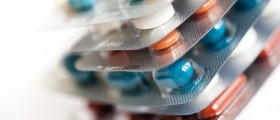
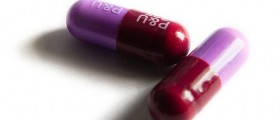
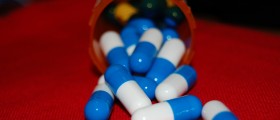



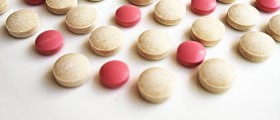

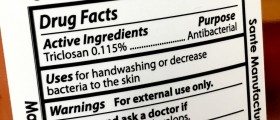

Your thoughts on this
Loading...